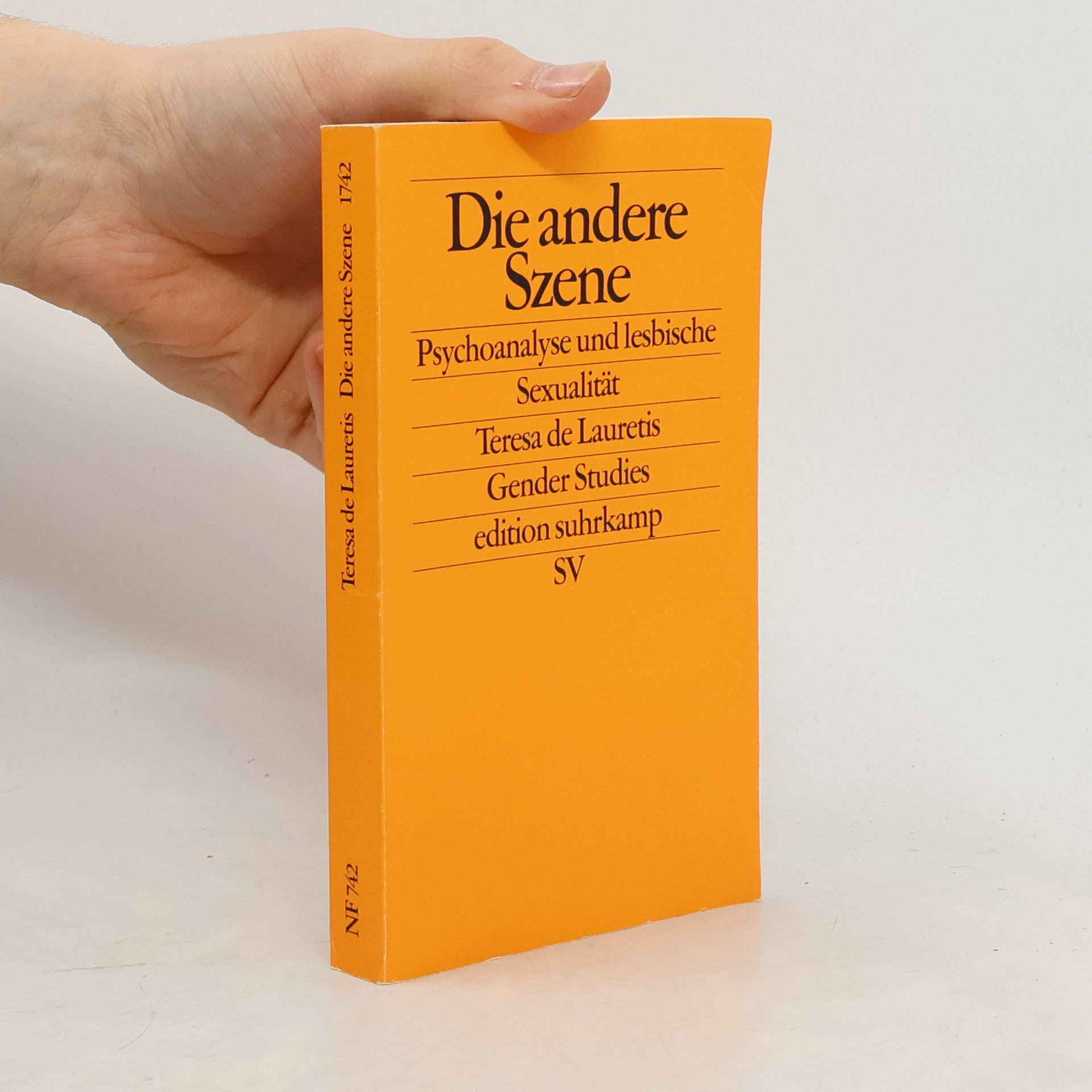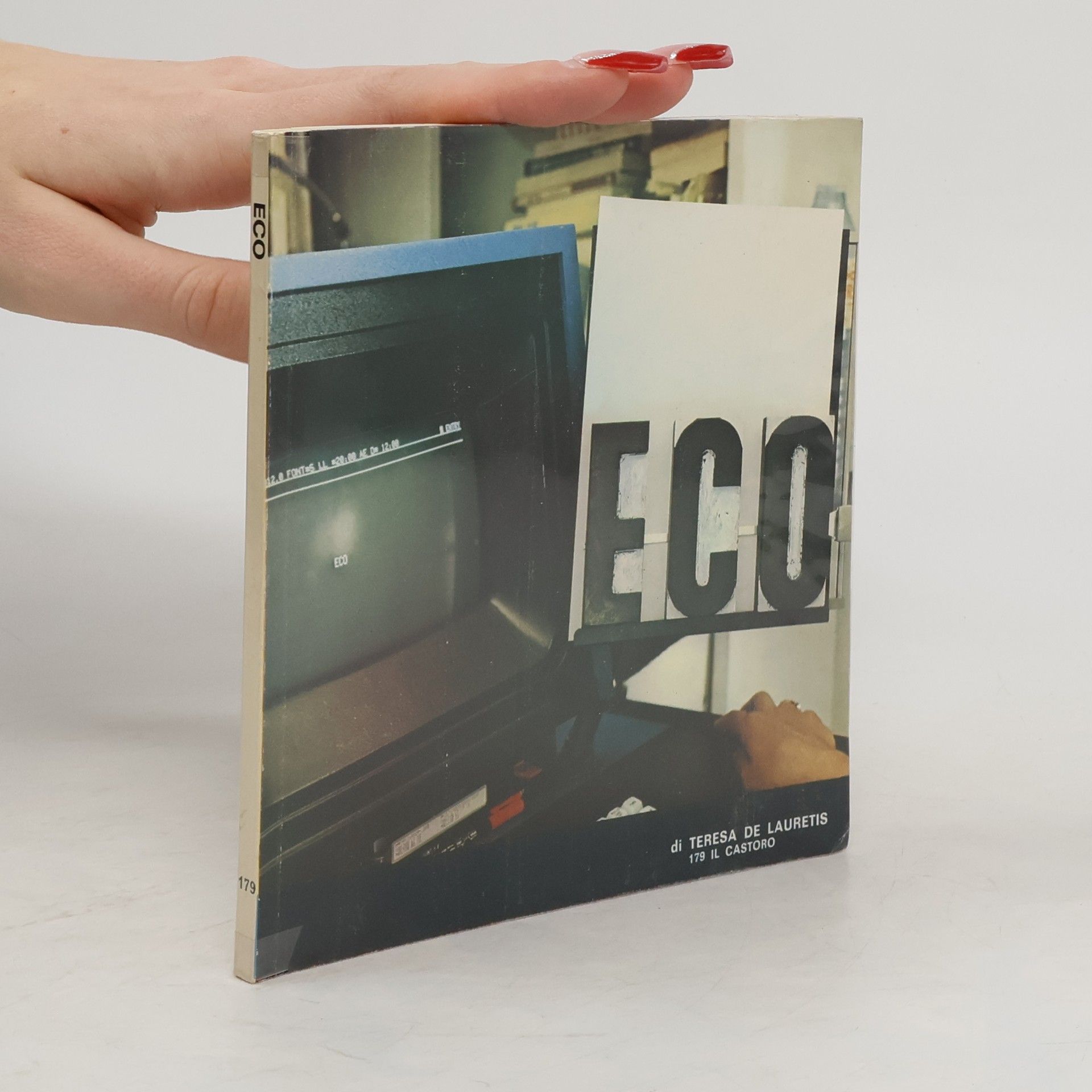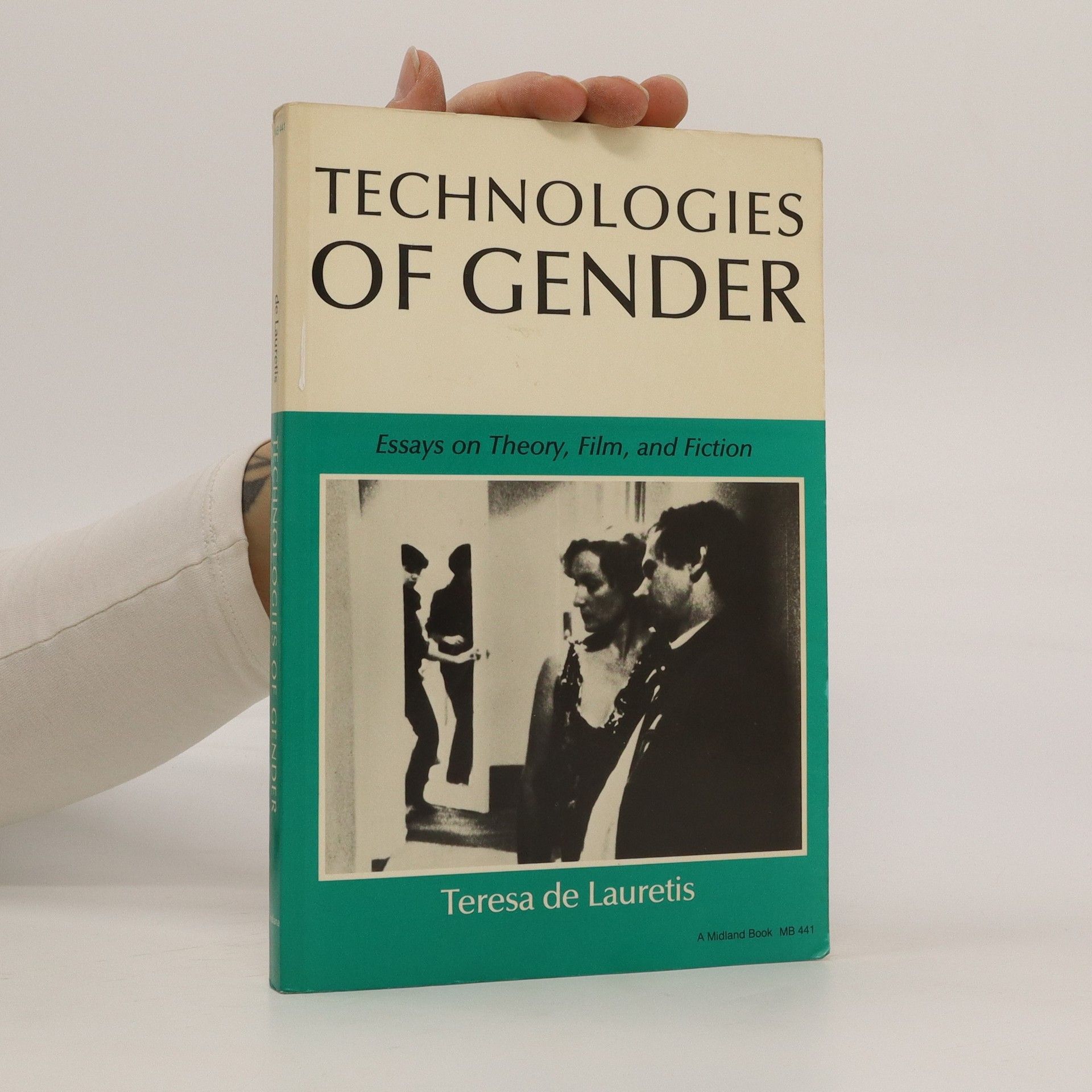Queering Psychoanalysis
Psychoanalyse und Queer Theory - Transdisziplinäre Verschränkungen
- 643 pages
- 23 hours of reading
Dieser Sammelband initiiert einen Dialog zwischen Psychoanalyse und queeren Theorien im deutschsprachigen Raum, um heteronormative Paradigmen innerhalb der Psychoanalyse zu dekonstruieren und Impulse für die Integration psychoanalytischer Ansätze in queeren Theorien zu liefern. Das 2017 im Zaglossus Verlag erschienene Fachbuch hat sich als Standardwerk etabliert und wird nun in einer überarbeiteten Auflage in der edition assemblage veröffentlicht. Die Psychoanalyse ist eine bedeutende Behandlungsmethode im psychotherapeutischen Bereich und spielt eine einflussreiche Rolle in den kultur- und geisteswissenschaftlichen Diskursen. Kritische Auseinandersetzungen, insbesondere aus feministischen und queeren Perspektiven, werden von der Psychoanalyse oft nicht aufgegriffen, und es fehlt an Bewusstsein für die patriarchalen und heteronormativen Diskurse, die in ihr wirken. Daher wird die Psychoanalyse in aktuellen Debatten zu Geschlechtsidentitäten und sexuellen Orientierungen häufig nicht als geeigneter theoretischer Zugang wahrgenommen. Dieser Sammelband zielt darauf ab, diese Lücke zu schließen und einen fruchtbaren Austausch zwischen den Disziplinen zu fördern. Beiträge stammen von namhaften Autor*innen wie Teresa de Lauretis, Jack Drescher, Lee Edelman und vielen weiteren.



